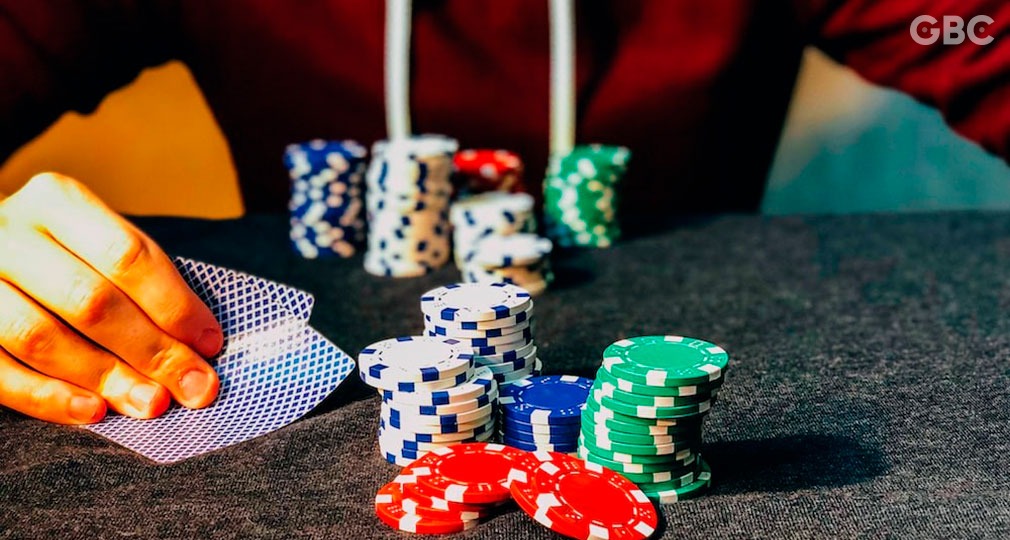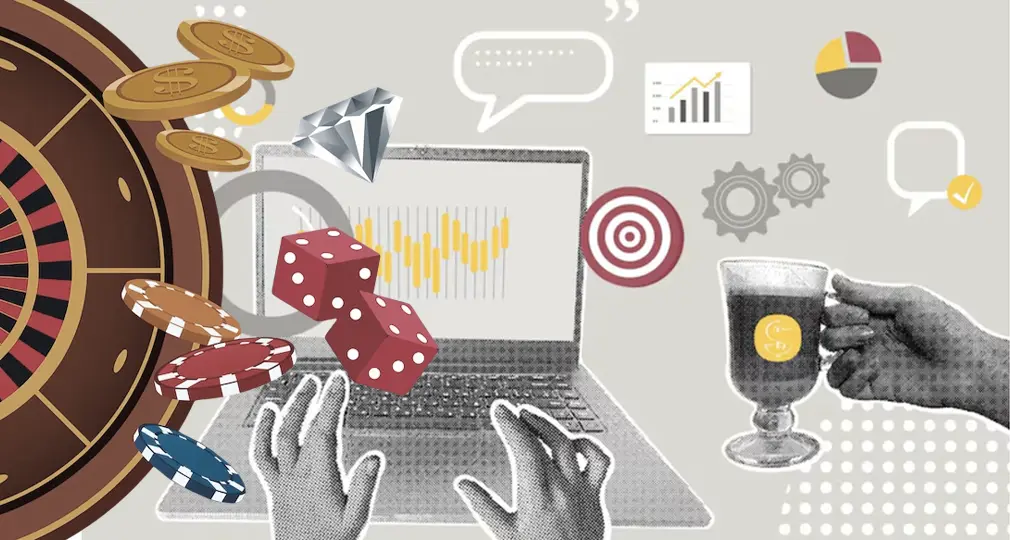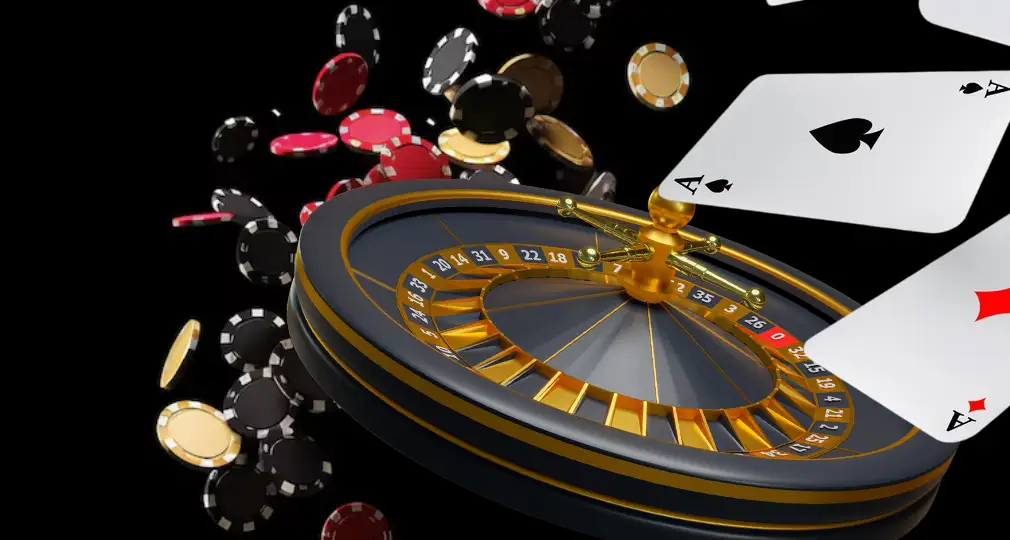Bluffing can help poker players claim more pots and win more money. The idea that anybody can win a hand, whether they have good or bad cards, is an exciting part of the game.
Before you give this tactic a shot, it’s important to understand when and how to attempt to effectively bluff your opponents. And when somebody is trying to bluff you. So, before you play online poker in Australia for real money, take a look at this guide to bluffing for beginners.
What is bluffing?
Essentially, bluffing is when you try to get another player (or players) to fold their hand, so you can claim the pot. You can bluff with a weak hand by betting or raising in a way that convinces your opponents you have better cards than you actually hold. The other players then fold to cut their losses, because they think they are going to lose.
Bluffing for beginners
The most important skill to develop when bluffing in poker is reading your opponents’ hands. In Texas Hold ‘em, each player gets two face-down “hole” cards and shares five community cards. These community cards are dealt as the “flop” (first three cards), “turn” (fourth), and the “river” (fifth).
There is a betting round between each of these stages. How the other players act at each stage gives a strong indication of the strength of their overall hand. Therefore, to bluff effectively, you need to watch your opponents’ betting patterns and playing styles.
You also need to learn how to bluff at each betting round. For example, bluffing pre-flop when all you have are your hole cards is different from trying to bluff after the river. Pre-flop, the pot is smaller but players, especially inexperienced players, may be more likely to fold. However, post-river, players still in the hand may be heavily invested in the pot and will want to force a showdown, in which the remaining players reveal their hands (exposing your bluff).
Bluffing in online casino poker is harder than in offline games, as you can’t read players’ body language, such as eye movements and other “tells”. This makes watching how other players bet even more crucial. Similarly, you can’t use your own body language to help convince your opponents that you have a strong hand.
Tips to get the most out of bluffing
1. Don’t bluff too often
One mistake beginners make is bluffing too often and without a strategy. It can be tempting to try and bluff every hand. However, this is often counterproductive. The key to bluffing is that the other players believe you have a strong hand. This doesn’t come around too often in poker.
2. Don’t feel you have to bluff
While experienced amateur players and pros use bluffing as part of their overall poker strategy, as a beginner, you may feel more confident just playing strong hands and folding the weaker ones. This is a safe strategy when you’re just getting started.
3. Learn to recognize when you’re being bluffed
It’s easy to focus on your own strategy and forget that other players have strategies of their own. As a beginner, you’re more likely to fall victim to a bluff than to walk away with a huge pot against more experienced opponents.
Bluffing is a useful poker skill for beginners to learn and an essential one for experienced players to master. Take some time to learn how to bluff effectively and it could help to make your time at the online casino more profitable in the long run.












